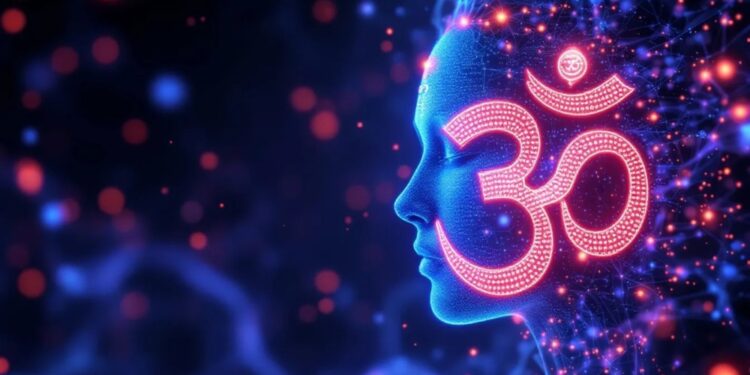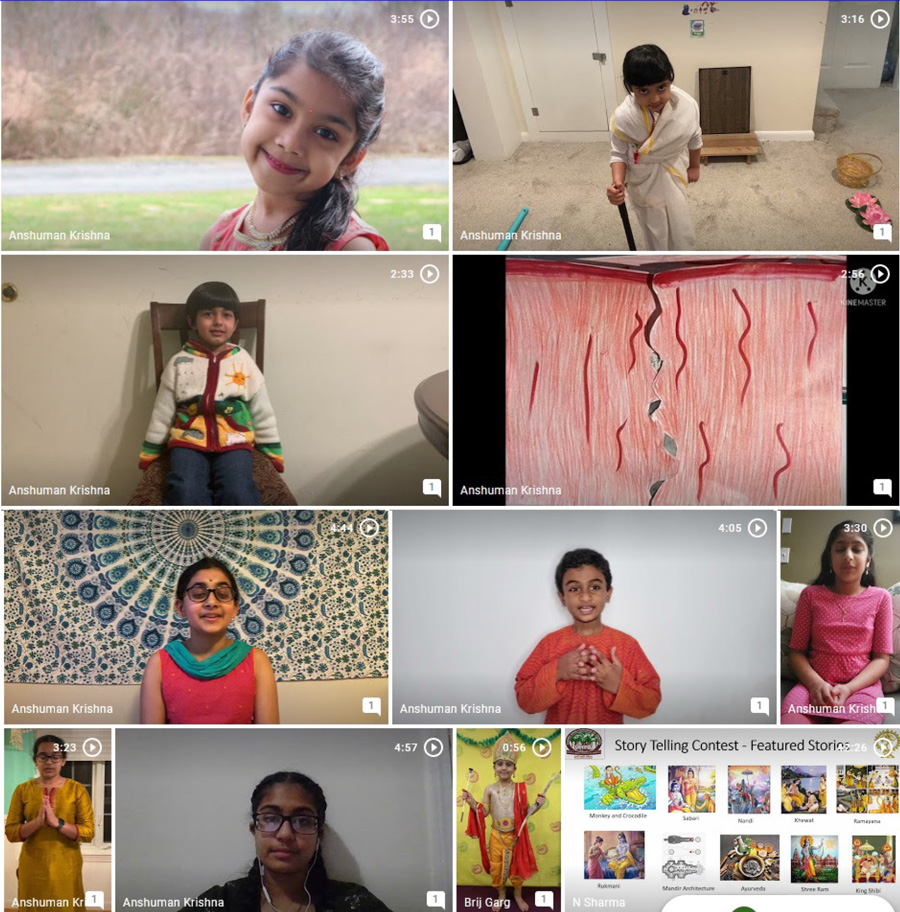Two centuries ago, Macaulay’s education policy reprogrammed the Hindu mind, replacing Sanskrit learning with colonial syllabi. Today, machine learning models perform the same role. They “train” on skewed textbooks, activist blogs, and biased media, then deliver that distortion back to our children, professionals, and lawmakers as “truth.” A student asks about caste and is presented with a one-dimensional narrative of Hindu oppression, lifted straight from activist talking points. These are not neutral answers — they are the biases of algorithms and the training data that powers today’s Artificial Intelligence.
This distortion does not remain on computer screens. It translates into law. California’s SB-403, the so-called “caste bill,” codified Hinduism as synonymous with caste-based oppression. SB-509 injects anti-Hindu stereotypes while dismissing Hindu objections. Both of these bills and many others in the pipeline are informed by the very biases that AI systems now amplify.
When policymakers or staffers “research” Hinduism, they increasingly rely on generative AI tools for summaries. But if these tools are trained on hostile or shallow sources, then Hinduphobia becomes institutionalized and automated. It is no longer just individuals writing biased textbooks — it is algorithms writing the first draft of policy.
For Hindu Americans, this is not theoretical. Our children return from school ashamed of their heritage. Our professionals encounter workplace “diversity” workshops where Hinduism is singled out for caste discussions. Our community leaders watch as legislators cite “research” drawn from Wikipedia and AI summaries rather than authentic Hindu voices. The age of AI raises the stakes. Unless Hindus shape the data and narratives AI consumes, our civilization will be caricatured by voices that are hostile to our very existence and survival.
What is to be done? What is our Dharma? We must embrace this new dawn of technology as a civilizational calling. We should publish authentic, accessible, and high-quality content on Hindu Dharma that AI systems will inevitably ingest. We must preserve scriptures, oral traditions, and cultural practices in digital formats, ensuring they are part of AI training datasets.
American Hindus are well equipped to be the guardians of Sanatan Dharma in the digital age. Algorithms and AI may reduce us to “caste, cow and curry”, but our Dharma demands that we assert our civilizational depths. If AI becomes the new scripture of modern society, we must ensure it does not become scripture against us. The battles around SB-403 and SB-509 are warnings: if we do not define ourselves in the age of AI, others will define us — in classrooms, in laws, and in the code that governs our digital world.




![[ India Today ] Ohio senator JD Vance thanks wife, a Hindu, for helping him find Christian faith](https://hinduvishwa.org/wp-content/uploads/2024/06/us-senator-jd-vance-reveals-how-his-hindu-wife-usha-helped-him-find-his-christian-faith-image-re-272530504-16x9_0-120x86.webp)










